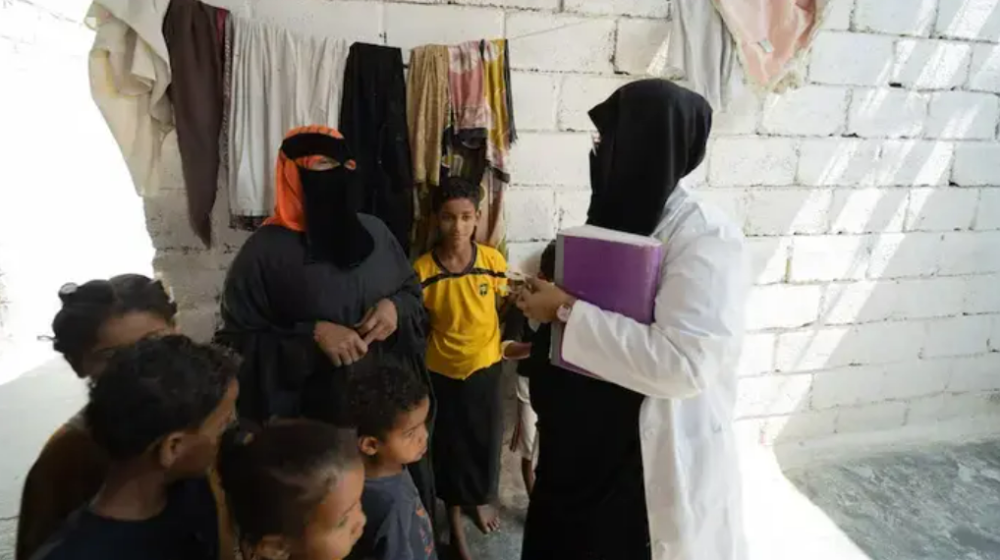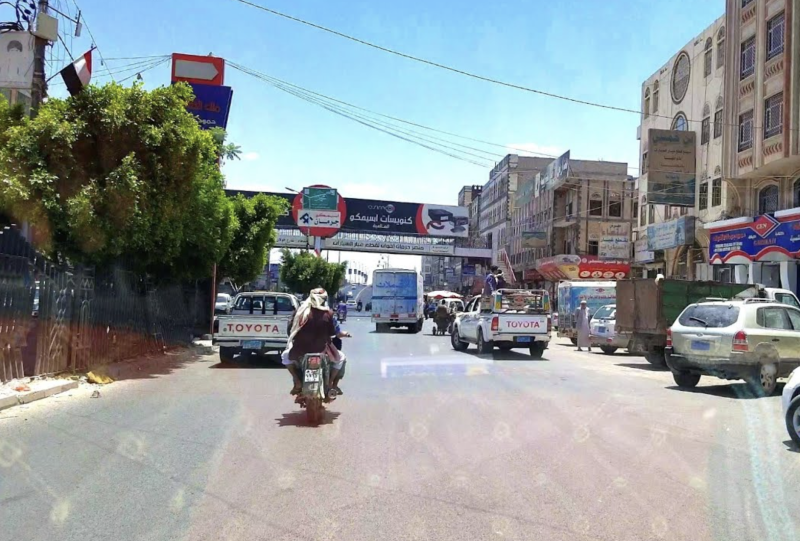Yemen: Building and Preserving Human Capital During Prolonged Conflict


Between 2021 and 2023, the Yemen Emergency Human Capital Project (EHCP) has achieved the following results:
Supported the delivery of health & nutrition services to more than 11 million people, of which 5.8 million are women and girls, at health facilities and through mobile teams.
Increased people’s access to primary health care services in over 2,200 supported facilities (78% of all functional primary health care facilities in Yemen), with 99% of facilities able to provide management of acute malnutrition and 98% of facilities supporting integrated management of childhood illnesses.
Provided antenatal care services to more than 590,000 women, mental health, and psychosocial support to 180,000 people, and immunization for more than 1.3 million children.
Improved access to water supply, sanitation, and hygiene (WASH) services by providing 530,000 people with restored access to rehabilitated water supply services Provided 390,000 people with restored access to rehabilitated sanitation services (48% of them women and girls).
Reached the hardest-to-reach communities with quality primary health and nutrition services through a network of more than 15,000 health workers and volunteers.
Improved access to inpatient services across 26 governorate hospitals, 45 district hospitals, and 19 interdistrict hospitals. 97% of beneficiaries were satisfied with the services delivered.
Synopsis
In the face of dire challenges stemming from almost a decade of conflict in Yemen, the World Bank-supported Emergency Human Capital Project (EHCP) has worked to improve access to essential health, nutrition, and population (HNP), and water supply, sanitation, and hygiene (WASH) services nationwide, while also supporting institutional strengthening to improve national and local systems’ resilience to shocks. Between 2021 and 2023, the EHCP helped provide over 11 million people with HNP services, of whom nearly 6 million are women and girls. Over 921,000 people (of which 48 percent are women and girls) were provided with access to improved WASH services.
Challenge
Yemen’s health and water sectors have been devastated by almost a decade of conflict, institutional weakness, and economic volatility. As of 2023, almost 20 million people need urgent health services, 2.2 million children are suffering from acute malnutrition, and 48% of children under five years old are stunted and chronically malnourished. Only 54 percent of health facilities are fully functional, with gaps in health care personnel, financial resources, and essential equipment and supplies.
Yemen also experiences a massive water shortage along with deterioration in water quality, causing major outbreaks of water-borne disease. Over 15 million people lack access to safe water and adequate sanitation services, and only 21 percent of water and sanitation facilities are functional.

Taiz — Local sources reported Thursday that security forces dismantled protest camps set up along Jamal Street in central Taiz, following a d…

Sana’a — Police in the Yemeni capital announced Wednesday the arrest of two suspects accused of killing a man and his wife on Khawlan S…

Sana’a — Local sources reported that four civilians, including two women and a child, were killed when an armed assailant opened fire o…